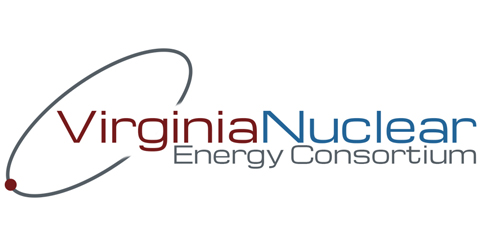A workforce survey conducted in August of 2015 revealed a number of factors that affect the industry’s short-term and long-term employment outlook. The industry is facing a wave of attrition as the original generation of industry workers approaches retirement age. There is, as a result, a strong demand for new employees across the industry, and in Virginia specifically. In addition, an increasing number of contracts and needs for Naval propulsion system operators is creating additional labor demand.
These employees will require a number of characteristics including position specific training and Department of Energy security clearance requirements. The industry indicates there is a near-term need for the following job functions:
- Engineers
- Technicians
- Skilled Trades
- Operators
The jobs have varying requirements for education and training.
- Engineers – Bachelor’s or advanced degree
- Technicians – High School Diploma, Certificate
- Skilled Trades – Certificate, Associates Degree
- Operators – High School Diploma
Virginia’s institutions of higher learning offer degree programs for nuclear engineering. In addition, job training programs may be available through vocational schools, high schools, and initiatives that support military personnel making a transition to civilian jobs such as Virginia Values Veterans. Beginning in the fall of 2015, Virginia’s Career and Technical Education Centers (CTEs) will be offering an “Energy and Power” program as well. These occupational training programs will help applicants find employment in the nuclear energy industry.
.
